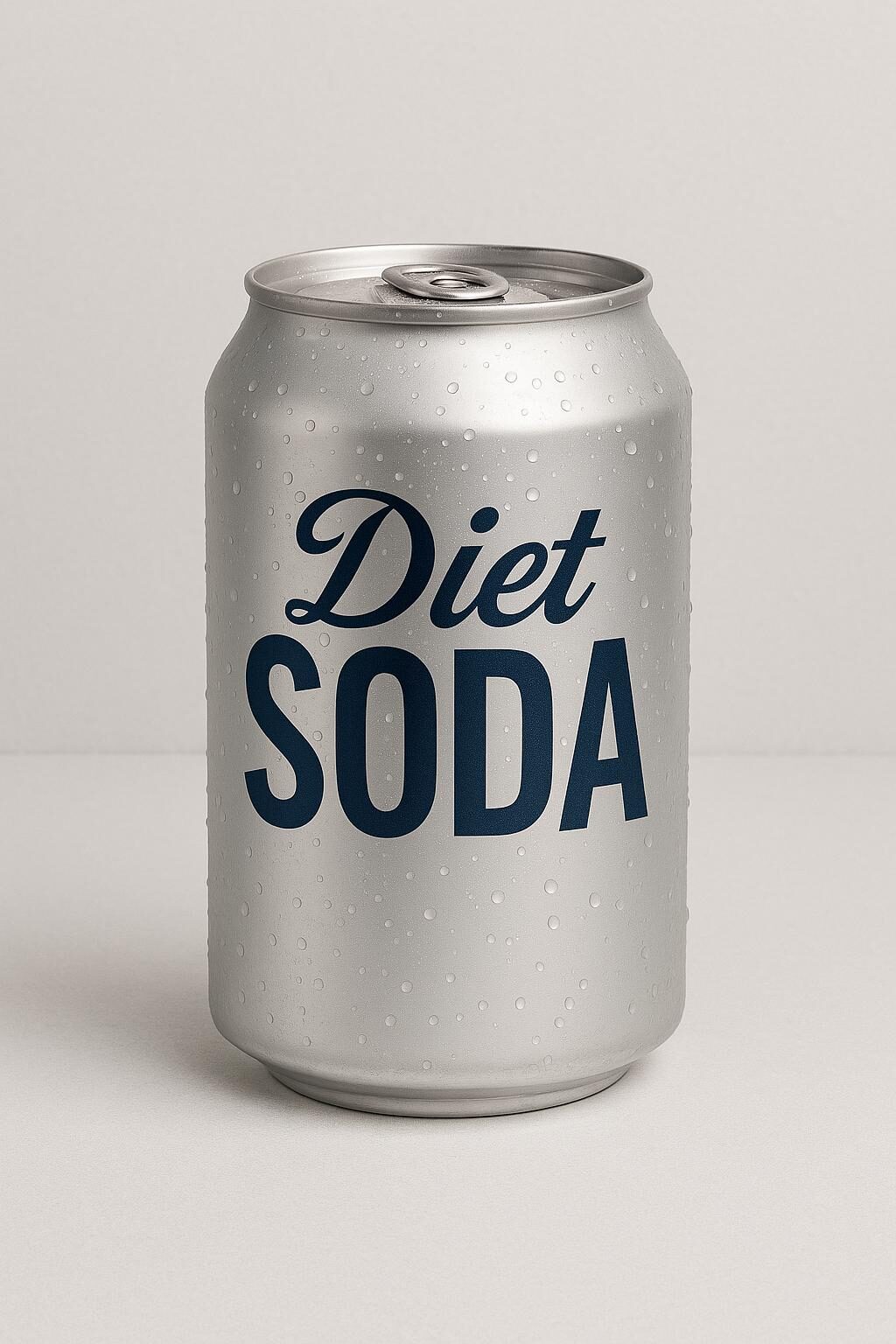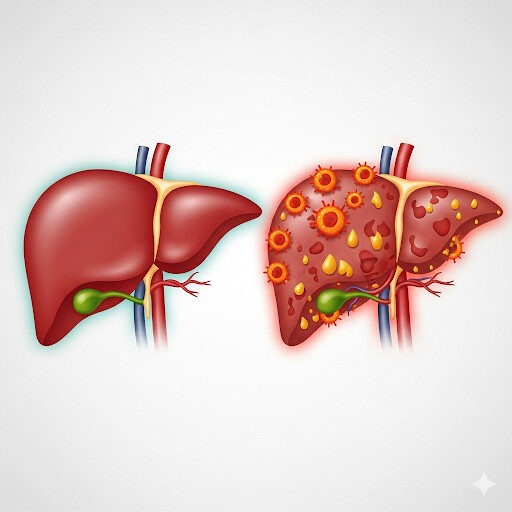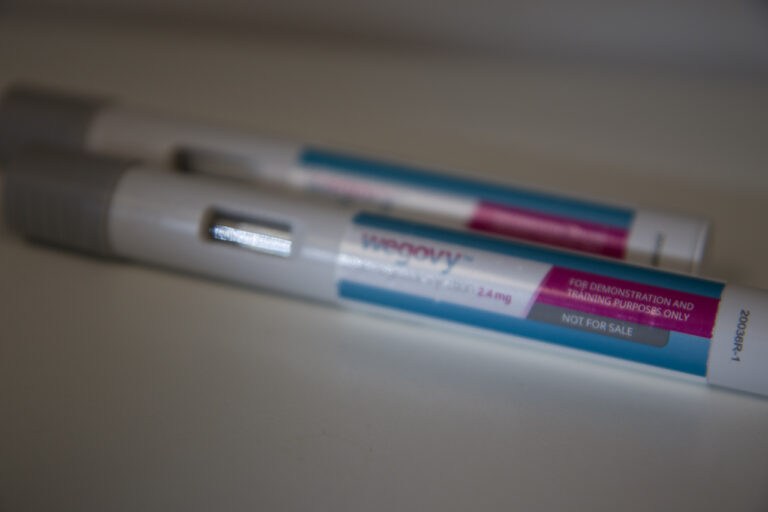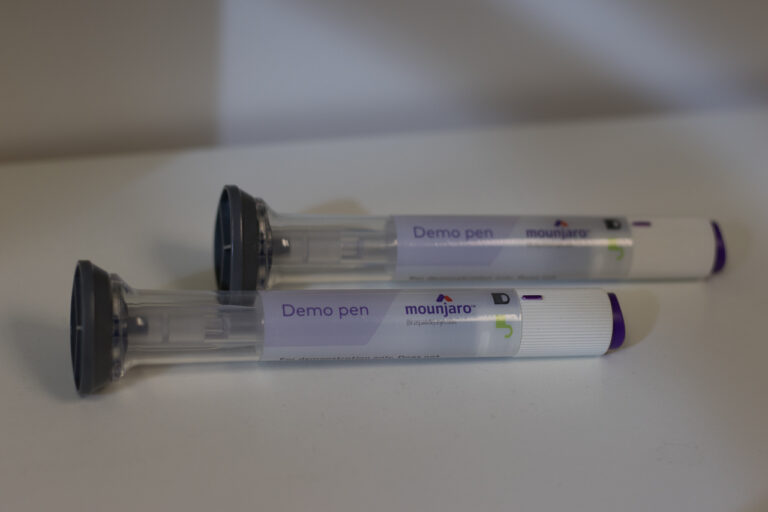
Successful Weight Loss: Calorie control vs. Hunger control
For decades, people have been told that to lose weight, one must eat less and move more. This age-old adage is about as helpful as arguing about which came first, the chicken or the egg.
Any weight loss strategy the requires an individual to not eat when they are hungry is doomed to fail. When a patient follows the “Eat less” approach, all to often they end up feeling tired and hungry all the time.
A recent study sheds further light on this topic. As reported on CNN, Artificial sweetener found in diet drinks linked to brain changes that increase appetite. In this study, it was found that while diet soda does not contain calories, the artifical sweetener resulted in an increase in appetite. Sucralose is 600x sweeter than sugar, but does not cause any satiety hormone release. After drinking diet drinks, people experience an increase in appetite because the brain is exposed to extremely sweet stimulus, but does not receive the satisfaction hormone response it expects.
This is not new information – I have had articles in this blog more than a decade ago looking at the same topic; however, recent changes in weight loss medications have shed further light on this idea. Weight loss medications act on the brain to decrease hunger. The older medications help people shed an average of 10% of their body weight, while the newer medications help people lose 15-20% of their body weight. However, they do not work in a vacuum. People need to follow a healthy, satisfying eating plan with plenty of healthy protein and maintain a good level of physical activity (ideally a minimum of 30 minutes 5 days per week, with 2 of those being resistance training) to achieve these results.
As you are considering which strategy may be best for you, instead of “Eat Less,” consider “Control Hunger.” You may find you have greater success losing weight and keeping it off.
Perhaps now would be a good time to get rid of the diet soda.




